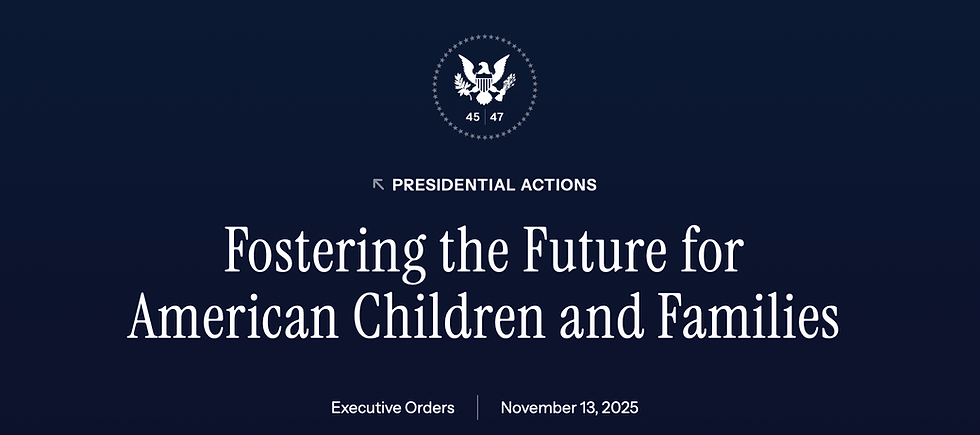Nurturing Authentic Connections: The Impact of Technology and Societal Standards on Relationships
- crystalrenouf
- Nov 10, 2023
- 2 min read

Introduction:
In today's fast-paced world, the rapid advancement of technology and the influence of societal standards have undoubtedly shaped our lives. While technological advancements have brought convenience and connectivity, they have also inadvertently affected our relationships with each other and our children. This article delves into the negative impact of technology and societal standards on fostering genuine connections and offers insights on how we can navigate these challenges.
1. The Erosion of Quality Time:
The pervasive presence of technology, such as smartphones and social media, has led to a decline in the quality of face-to-face interactions. People often find themselves engrossed in their digital devices, neglecting the importance of spending quality time with their loved ones. This has weakened the bonds we share, hindering meaningful conversations and emotional connections.
2. Superficiality in Communication:
In an era where emojis and abbreviations dominate our conversations, the art of thoughtful communication is gradually eroding. Social media platforms encourage quick, shallow interactions that may lack depth and genuine emotional understanding. This superficiality can hinder our ability to truly connect with one another, leaving us feeling isolated and misunderstood.
3. Unrealistic Societal Standards:
Societal standards, perpetuated through traditional and digital media, often dictate how we should look, act, and live our lives. These unrealistic expectations can cause immense pressure on individuals and families, leading to strained relationships. The constant need to project an ideal image can overshadow true connection, leaving little room for authenticity and vulnerability.
4. Impact on Parent-Child Relationships:
Technology can inadvertently impact the parent-child relationship, as both parents and children may become engrossed in their digital devices. This distraction can hinder the nurturing of strong bonds and hinder the development of essential life skills, such as effective communication, empathy, and problem-solving. Moreover, excessive exposure to technology can negatively impact children's emotional well-being and cognitive development.
Navigating the Challenges:
1. Establishing Boundaries:
Creating designated technology-free times and spaces within our everyday lives can help foster deeper connections. By setting aside specific moments for quality interactions, such as family dinners or device-free weekends, we can prioritize nurturing relationships over digital distractions.
2. Prioritizing Face-to-Face Communication:
Encouraging open and honest conversations, free from the influence of technology, is crucial. Engaging in activities that promote face-to-face interactions, such as playing board games or going for walks together, can strengthen relationships and promote emotional bonding.
3. Promoting Digital Well-being:
Teaching ourselves and our children about responsible technology use is vital. Encouraging a healthy balance between digital engagement and offline activities, setting screen time limits, and monitoring online content can help mitigate the negative impact of technology on relationships.
4. Challenging Societal Standards:
Recognizing and challenging unrealistic societal standards is essential for cultivating authentic connections. Encouraging self-acceptance, embracing diversity, and promoting open discussions about media influences can help shape healthier perspectives on relationships and foster genuine connections.
Conclusion:
While technology and societal standards have undoubtedly impacted our relationships, we have the power to navigate these challenges and prioritize genuine connections. By consciously establishing boundaries, promoting face-to-face communication, prioritizing digital well-being, and challenging societal norms, we can nurture meaningful relationships that stand the test of time. Let us place a renewed emphasis on fostering authentic connections, both with each other and with our children, as we navigate the complexities of the digital age.





Comments